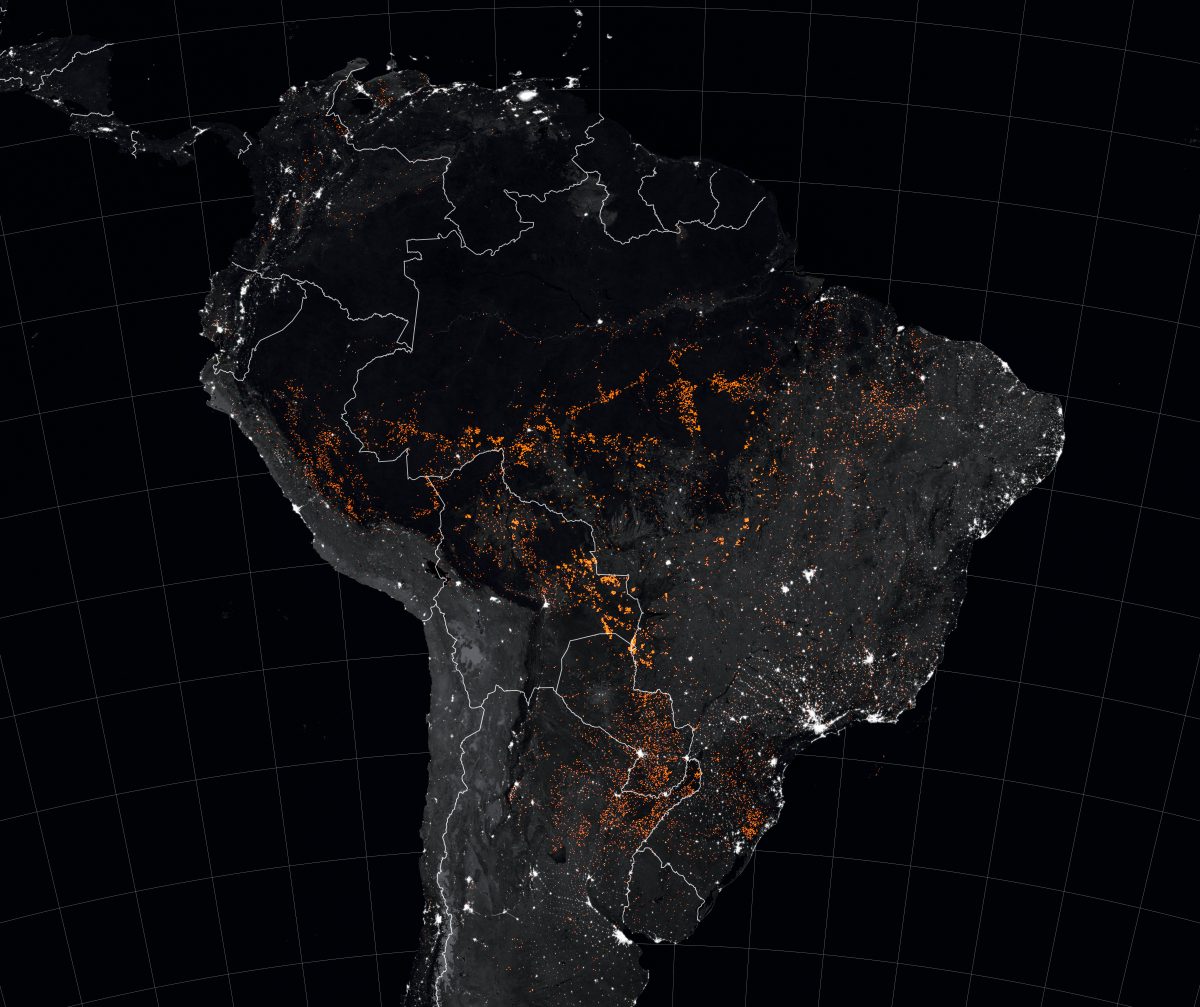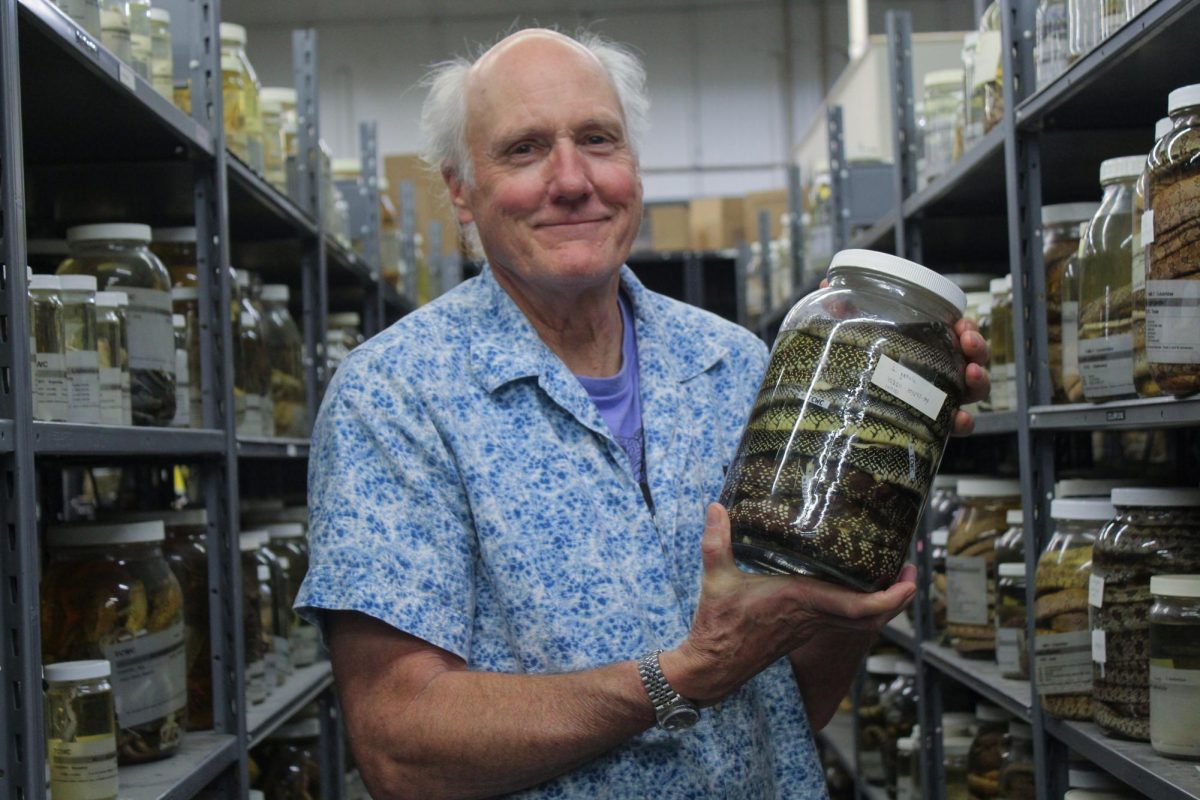When it comes to the world of science, researchers make discoveries and breakthroughs every day. To help you keep up with them, The Battalion has compiled a few of the most compelling scientific stories from the past week.
Fires in the Amazon bring consequences to the region
Since the start of the year, over 74,000 wildfires have burned in the country of Brazil, namely in the Amazon rainforest. 9,500 of those fires started within the span of a week during August. The August wildfires were caused by a combination of a dry season and deforestation in order to open up space for human usage.
As a result of the fires, concerns over the loss of oxygen that the rainforest provides to the world, as well as the increase of carbon dioxide, have risen. However, other concerns come from the loss of the unique biodiversity that the rainforest contains, as well as the potential for the Amazon to resemble a savanna in the future. The Brazilian government has recently taken action in order to put out the fires by sending in warplanes carrying water and 43,000 troops.
New patterns in illicit drug use surface
Newly released data from the Rand Corporation suggests that U.S. residents spent between $121 billion and $146 billion on cocaine, heroin, marijuana and methamphetamine between the years of 2006 and 2016. The money spent on the four illegal drugs is comparable to the amount of money spent on alcohol by Americans.
During 2006, cocaine received most of the money at $58 billion in 2018 dollars. However in 2016, cocaine only received about $24 billion while marijuana reached $52 billion. The rise in marijuana usage follows the gradual legalization of the drug throughout the United States. Heroin has also seen a rise in usage, which is likely due to the opioid crisis.
Hurricanes favor the survival of aggressive spiders
Spiders known as Anelosimus studiosus live along the Atlantic coasts of the U.S. and Mexico. These spiders are known to form female colonies that, due to their coastal settlement, are greatly impacted by hurricanes.
The species is known to have two inherited personality traits: docile and aggressive. Aggressive colonies tend to be better foragers and cannibalize more males and eggs, however they are prone to infighting between the spiders. Colonies that experienced hurricane activity saw greater numbers of aggressive members that in turn produced aggressive daughters. The trend towards aggressive colonies matched that of the storms in the region, suggesting that it is an adaptation by the spiders.
Amazon fires, drug trends and aggressive spiders: This Week in Science
August 26, 2019
Photo by via NASA.gov
NASA uses the Moderate Resolution Imaging Spectroradiometer (MODIS) to detect fires via satellite. In images taken from August 15 to 22 fires can be seen in orange, cities and towns in white, forested areas in black and tropical savannas in gray.
0
Donate to The Battalion
$2065
$5000
Contributed
Our Goal
Your donation will support the student journalists of Texas A&M University - College Station. Your contribution will allow us to purchase equipment and cover our annual website hosting costs, in addition to paying freelance staffers for their work, travel costs for coverage and more!
More to Discover









